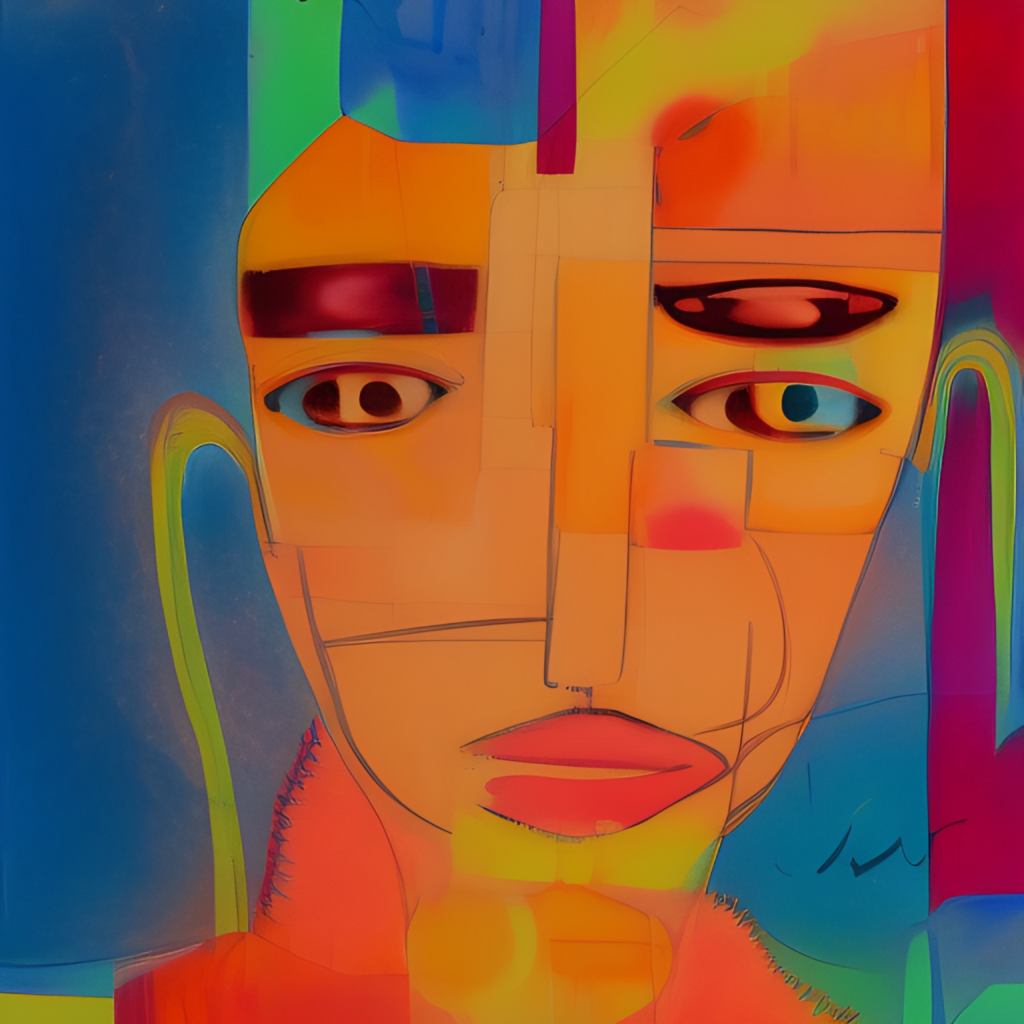Artificial intelligence (AI) has come a long way in recent years, with many experts predicting that it will soon surpass human intelligence in a number of areas. But despite all the hype, there is one thing that AI will never be: a master.
It is important to remember that Artificial Intelligence is just a tool, and it is up to humans to decide how to use it
One of the main reasons why Artificial Intelligence will always be an apprentice is because it lacks the ability to think and act independently. Unlike humans, who have the ability to make their own decisions and adapt to new situations, AI is essentially a slave to the instructions it is given. It is not capable of independent thought or decision-making and is therefore not capable of leading or guiding others.
Another important reason why AI will never be a master is that it lacks the ability to feel emotions or has subjective experiences. Unlike humans, who have the capacity to feel a wide range of emotions, AI is not capable of feeling anything at all. It does not have the ability to experience love, joy, sadness, or any other human emotion, which means that it cannot truly understand the needs and desires of other beings.
This lack of emotional intelligence is a significant disadvantage for AI, as it prevents it from being able to empathize with others or to respond to their emotional needs. It also means that AI is not capable of understanding the complexities of human relationships or social interactions. In short, AI’s lack of emotional intelligence makes it ill-equipped to be a master, as it cannot truly understand or relate to the people it is supposed to be leading.
Additionally, AI is not capable of self-improvement or self-awareness. Unlike humans, who have the ability to learn from their mistakes and to reflect on their own actions, AI is unable to change or improve itself. It does not have the ability to self-reflect or self-evaluate, which are crucial skills for mastery. In order to truly master a subject or skill, one must be able to look back on one’s own performance, identify areas for improvement, and make the necessary changes to become better. Without the ability to self-reflect and self-evaluate, AI is not capable of achieving mastery.

Though, there is a possibility that AI could eventually become a master in the future. As AI technology continues to evolve and improve, it is possible that it could gain the ability to think and act independently, feel emotions and have subjective experiences, and to self-reflect and self-evaluate. If AI were to gain these abilities, it could potentially become a master in its own right.
However, it is important to note that this scenario is purely hypothetical, and it is not clear if or when it might happen. At present, AI lacks the ability to think, feel, and self-improve, and it is not clear if these abilities can be developed through technology alone. Additionally, even if AI were to gain these abilities, it would still face many challenges and limitations. For example, AI would not have the same experiences and cultural knowledge as humans, which could limit its ability to understand and relate to people.
While it is possible that Artificial Intelligence could become a master in the future, it is not a certainty. For now, AI will remain an apprentice, serving at the whims of its human masters. And that’s just the way it should be. While AI may be able to perform many tasks faster and more accurately than humans, it will never be able to truly understand the complexities of the human experience. It will never be able to feel emotions, reflect on its own actions, or make independent decisions. It will always be an apprentice, following the instructions of its human masters.
Artificial Intelligence has the potential to revolutionize many industries and improve our lives in countless ways. But it is important to remember that AI is just a tool, and it is up to humans to decide how to use it. As long as we remember that AI is an apprentice and not a master, we can use it to our advantage without losing sight of our own humanity.
